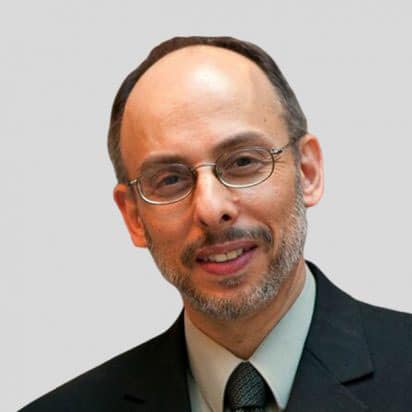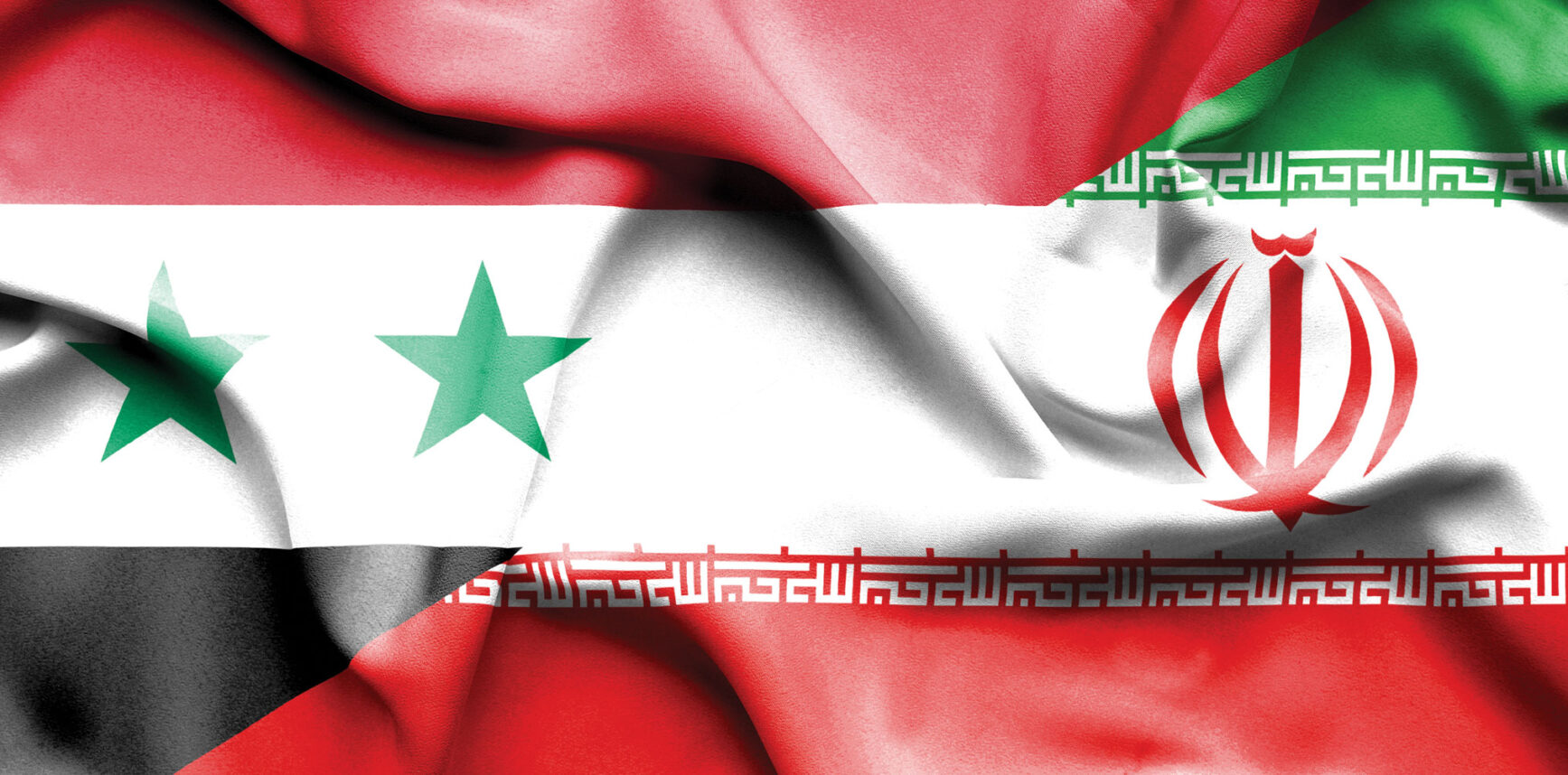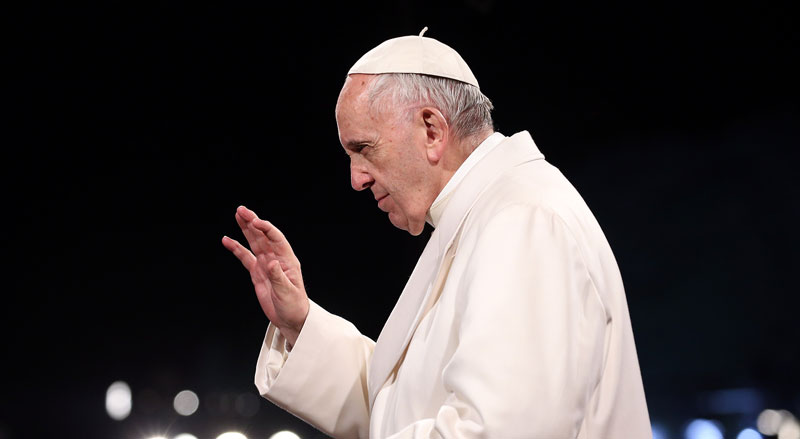Should American Jews support U.S. military action to remove
Saddam Hussein from power? This question, which is the focus of so much
discussion in the Jewish community today, echoes a dilemma
that wracked American Jewry during the 1930s.
American public opinion during the 1930s strongly opposed
any U.S. action against Nazi Germany. A 1937 poll found that 71 percent of
Americans thought America was wrong to have entered World War I; many believed
the United States had been tricked into the conflict by greedy weapons
manufacturers. The hardships of the Great Depression further intensified the
view that domestic concerns required America’s full attention, and that the
country could not spare any resources for overseas matters.
  While most Americans found Hitler’s totalitarian ways
distasteful, they could not yet see any compelling reason to consider going to
war against Nazi Germany, which seemed to be just one in a vast and
ever-increasing array of unsavory regimes. Gallup polls during 1940-41 found
only about one-tenth of Americans willing to go to war for any other reason
than to fend off an invasion of the United States itself.
Many American Jews felt differently. They hoped the United
States would take action against Hitler, not only because of the Nazis’
persecution of the Jews, but because they realized that Hitler was a threat to
the entire free world. But they feared being perceived as warmongers. Thus a
leading Jewish organization, the American Jewish Committee (AJCommittee),
declined to sponsor a U.S. speaking tour by Winston Churchill in 1937, fearing
that its involvement might be seen as evidence of a plot “to involve the United
States in the European mess,” as one AJCommittee official put it.
Palestine Labor Zionist leader David Ben-Gurion, visiting
the United States in 1940, was disappointed to find Jewish leaders reluctant to
speak out. One told him: “If I stand up and demand American aid for Britain,
people will say after the war that the dirty Jews got us into it, that it was a
Jewish war, that it was for their sakes that our sons died in battle.”
Ben-Gurion recalled: “This fear I found in almost all [American] Zionist
circles.”
Trying to dispel the impression that Jews favored U.S.
military action against Nazi Germany, Rabbi Stephen S. Wise, the foremost
American Jewish leader of that era, wrote to a non-Jewish colleague in 1941:
“[N]o Jew on earth has asked any nation to take up arms against Hitler.”
Wise’s statement was something of an exaggeration. While
Jewish organizations, such as Wise’s American Jewish Congress, refrained from
urging U.S. military action against the Nazis, a number of prominent Jewish
individuals did speak out.
While the America First movement campaigned for
isolationism, those favoring action against Hitler established the Fight for
Freedom committee, which soon attracted the support of numerous prominent
Americans. Fight for Freedom’s supporters included many Hollywood figures, such
as Tallulah Bankhead, Helen Hayes, Burgess Meredith, Douglas Fairbanks Jr. —
and such prominent Jews as Irving Berlin, Ethel Merman, Jack Benny, Eddie
Cantor, Oscar Hammerstein (of Rodgers and Hammerstein fame), George Jessel and
Ben Hecht. New York governor Herbert Lehmann, one of the most prominent Jews in
American politics, backed Fight for Freedom, as did James Warburg and Edward
Warburg, of the famous banking family.
In fact, James Warburg was Fight for Freedom’s spokesman in
a public debate in 1941 with the arch-isolationist Charles Lindbergh, which was
held at Madison Square Garden and broadcast on radio nationwide. Refusing to be
intimidated by accusations that Jews were dragging America into a conflict with
Germany, Warburg bluntly told the aviation hero: “Jew or Gentile, an American
can say only this to Charles Lindbergh: Your second nonstop flight has taken
you to a strange destination.”
Still, Warburg and the other Jewish supporters of Fight for
Freedom were a minority in the Jewish community. While many Jews privately
sympathized with Fight for Freedom, not many were willing to do so publicly.
Perhaps it is not surprising that in the 1930s and early
1940s, many American Jews were unwilling to call for U.S. action against
Hitler. It was a generation comprised largely of immigrants or children of
immigrants. They were not yet fully comfortable in American society, and the
prevalence of anti-Semitism during those years naturally intensified Jewish
fears.
But much has changed in the past 60 years. The degree to
which Jews and Judaism have become an accepted part of American culture and
society is exemplified by the nomination of a Jew — and a self-described
practicing Jew, at that — as the Democratic candidate for vice-president three
years ago. Given this reality, one would not expect American Jews in 2003 to be
cowed into silence by the fear of provoking accusations of “Jewish
warmongering.”
It remains to be seen to what extent American Jews will
publicly support U.S. action to oust Saddam Hussein. Their decision will be
colored, in part, by powerful historical memories — memories of how an earlier
generation allowed itself to be intimidated, and how the world’s reluctance to
confront Hitler helped pave the way for Nazi aggression, World War II and the
Holocaust. Â
Dr. Rafael Medoff is visiting scholar in the Jewish studies
program at the State University of New York-Purchase College. His latest book
is “A Race Against Death: Peter Bergson, America and the Holocaust” (New Press,
2002), coauthored with David S. Wyman.























 More news and opinions than at a Shabbat dinner, right in your inbox.
More news and opinions than at a Shabbat dinner, right in your inbox.